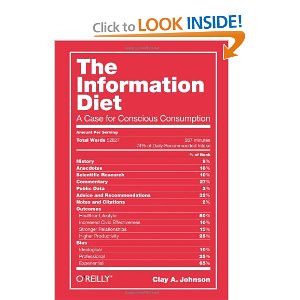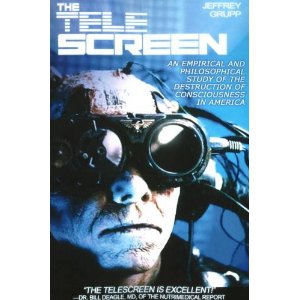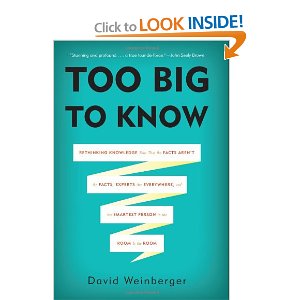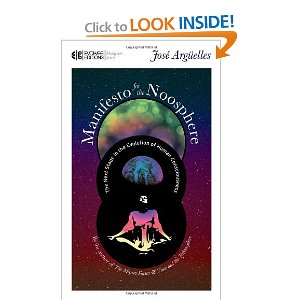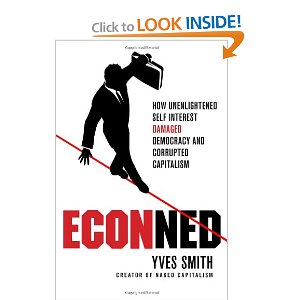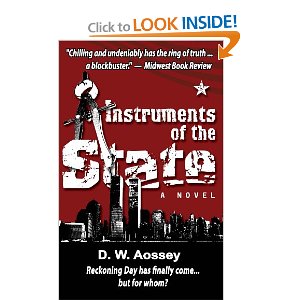
D. W. Aossey
5.0 out of 5 stars Rings of Truth Against Rings of Lies, February 20, 2012
I cannot improve on Betsy's review, “Instruments of the State: Propaganda or Just the Facts, May 20, 2011” and recommend that review. Here I just make a comment and link to some other books. Normally I do not do fiction, but this book came to me and I have a very high interest in the truth at any cost, it lowers all other costs. Unfortunately, all forms of human organization, from governments to religions and certainly including corporations and non-profits, all seems to believe that any lie good for them is an “acceptable cost.”
It is not. Lies are like sand in the gears of an extraordinarily complex and delicate machine. Lies kill and lies cost. The last fifty years have seen a web of lies and a web of deliberative destruction of humanity and the planet such as has never before been orchestrated. Deep secrecy and deep technologies have allowed the 1% to impoverish the 99% while concentrating wealth and looting public treasuries in a manner scarcely imaginable.
By all means read the book, but especially so if you do not have the time or the money for all of the non-fiction that backs up this book's story line. I list my allowed ten books below. Many more can be accessed at Phi Beta Iota the Public Intelligence Blog, where my 1700 plus reviews are sorted in the 98 categories within which I read, all leading back to Amazon.
9/11 Synthetic Terror: Made in USA
A Pretext for War: 9/11, Iraq, and the Abuse of America's Intelligence Agencies
Griftopia: A Story of Bankers, Politicians, and the Most Audacious Power Grab in American History
The Sorrows of Empire: Militarism, Secrecy, and the End of the Republic (The American Empire Project)
Legacy of Ashes: The History of the CIA
The Looming Tower: Al-Qaeda and the Road to 9/11
The Two Trillion Dollar Meltdown: Easy Money, High Rollers, and the Great Credit Crash
The Shock Doctrine: The Rise of Disaster Capitalism
Freedom Next Time: Resisting the Empire
War is a Racket: The Antiwar Classic by America's Most Decorated Soldier
My own books are free online as well as for sale here at Amazon. My next book, coming out in June, is the antidote to all of the lies, it is entitled THE OPEN SOURCE EVERYTHING MANIFESTO: Transparency, Truth, and Trust. It will NOT be free online, as it is being distributed by Random House and published by North Atlantic Books.
The truth at any cost lowers all other costs — that, in my view, should be the battle cry of the 99%.

